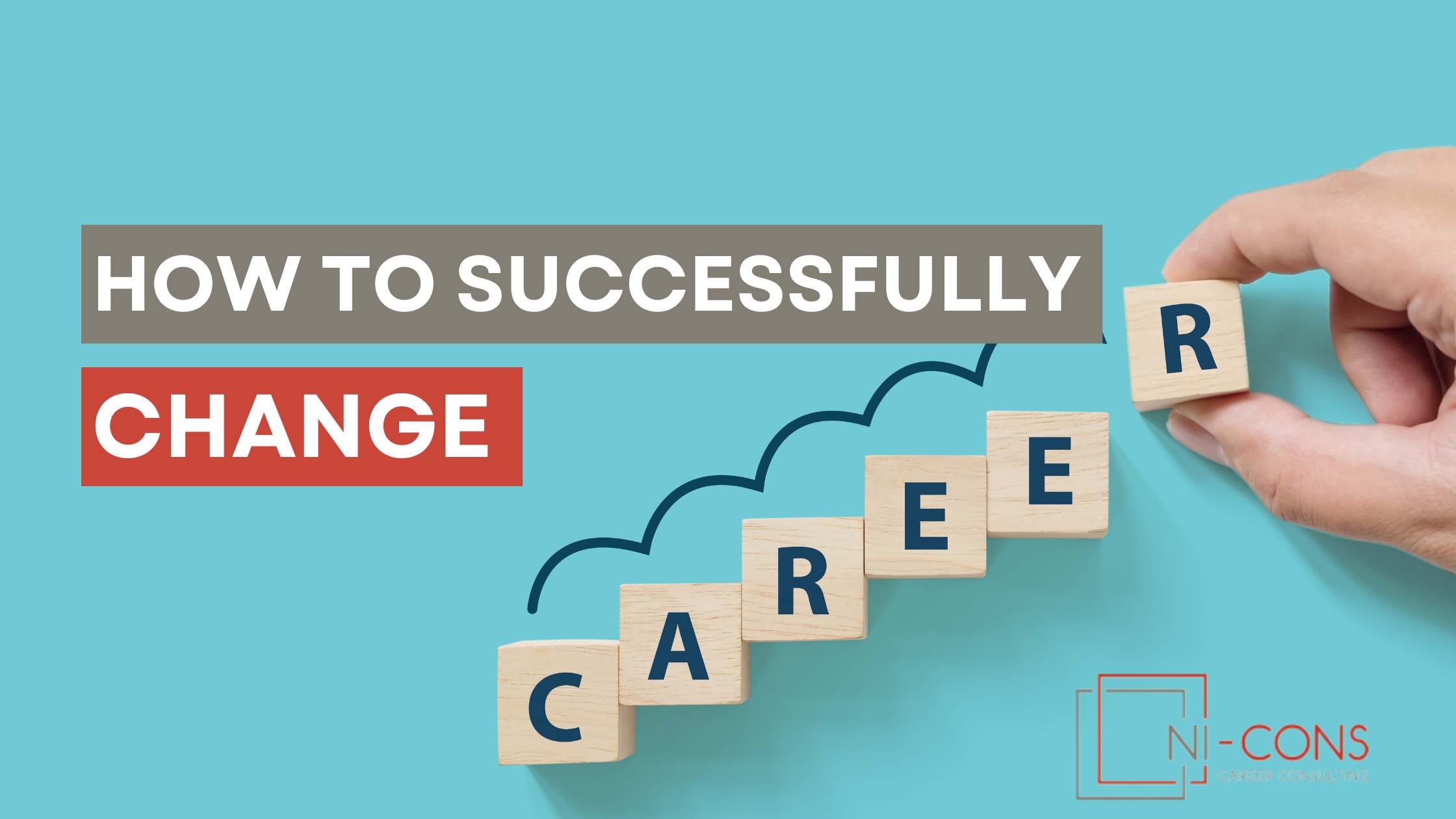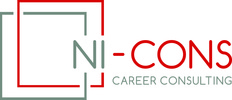
28 Jun How to successfully change careers in a dynamic job market
There’s always a time in life when you question your professional needs and ambitions. Often these thoughts involving the professional sphere trigger the desire to change not only the job, but the career itself.
There are many reasons for that: unsatisfactory working conditions, personal fulfillment and growth, burn-out, brown-out (loss of meaning and total demotivation at work), bore-out (being bored in your job)…you name it!
Whatever the reason, changing careers is something that needs to be reasoned and well-planned. Our Experts in this article show you a few steps to take in order to find the new work path that suits you best.
Take stock of your professional skills and personal qualities
Taking the time for a personal assessment is essential: take stock of your strengths, skills and aspirations. Don’t limit yourself to your previous professional experience or your educational background: think about your hobbies and interests too.
This assessment will enable you to find out which industry is right for you so that you can find your way more easily later on.
If you have difficulty in doing it, you can address to a Career Expert who will give you valuable advice, and help you find the path that suits you best.
Analyze the job market
Once you have made this assessment on your own or with the help of a professional, you will already better know what skills you have and what skills you do not have, in case you really want to change careers.
Before looking for a new job or starting training in a new field, it is a good idea to analyze the job market and find out whether there is actual demand in the sector you are interested in.
First of all, you can research online and consult the various job boards and LinkedIn to find out which jobs are most in demand in the sector you have chosen.
Job advertisements are good not only to understand the offer but also to get an idea of the professional skills and studies required, as well as the salary.
Of course, you can also gather info by reading websites and blogs about the job market; looking for someone working in the industry you are interested in within your circle of friends, relatives and acquaintances; or attending job fairs to talk to the recruiters in person.
This way you will know whether you are actually choosing the right career change, and what you need to be interesting in the eyes of a new employer.
Plan your training
Whether you want to change jobs or industries, it is likely that you will have to update or even study new things in order to be competitive. Do not forget that – if you change your career completely – there are people who already have the professional experience you do not have.
Our advice is, therefore, to think about your training before leaving your job as training properly takes time, but also money. If possible, choose recognized and well-known training courses.
Work on your personal branding
You have finished your new professional training and want to start applying for some interesting jobs. Before you do so, we obviously suggest that you update your CV with your new educational background, but also your LinkedIn profile.
But that’s not all: it is precisely on LinkedIn that we suggest you start making posts and/or articles with topics that relate to the new industry in which you want to work. It is also important to interact with people in that very industry, by liking or commenting on their posts, and to start expanding your network of connections.
It is, therefore, time to build your personal brand, and show that you know what you are talking about. By doing so you will attract the attention of people in that industry and you will also be more interesting in the eyes of recruiters, who are increasingly using LinkedIn to search for candidates.
Stay motivated
A career change can be stressful: it’s like starting a new life. So focus your thoughts on the gains you will make. Keeping your goals in mind will help you stay on course, especially if you have a predefined action plan.
However, if you should lose hope or don’t know where to start, contact our Career Experts. Together we will find the solution!



